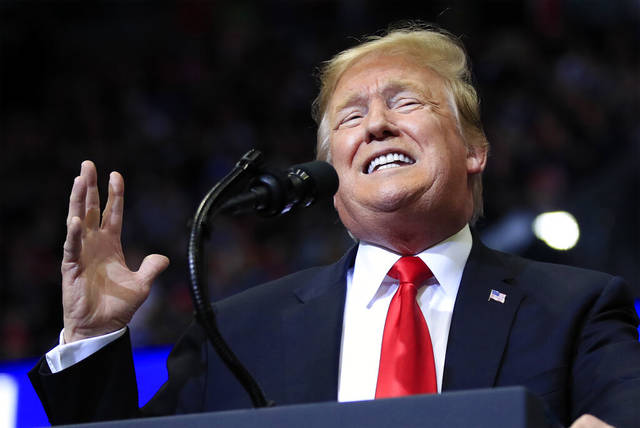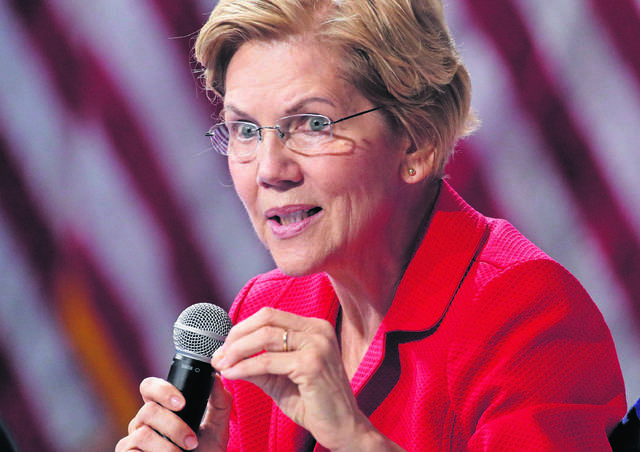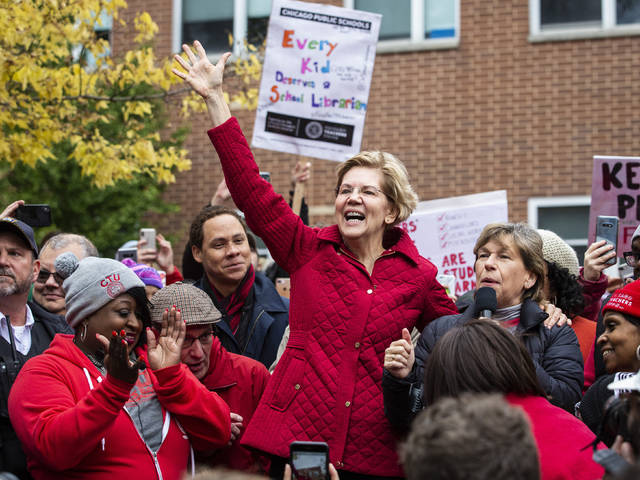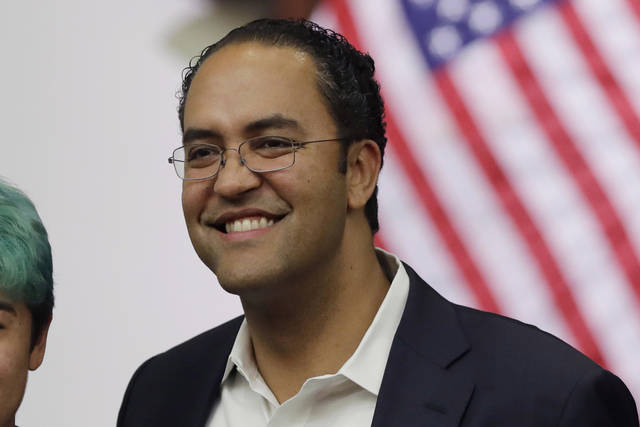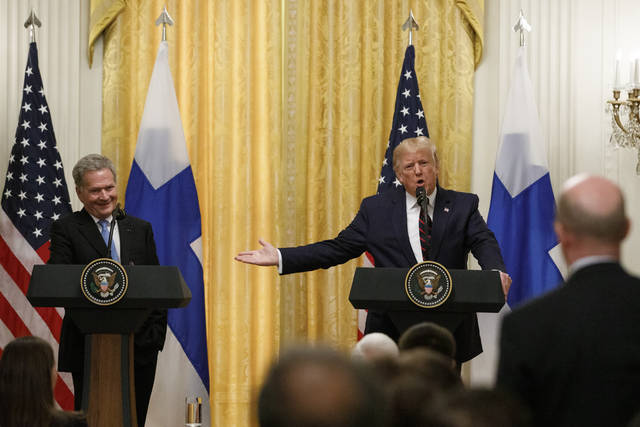WASHINGTON
Let us now praise an insufficiently famous man, Nevada’s Democratic Gov. Steve Sisolak, who in May gave his party’s presidential aspirants a much-needed example of prudence. With the national media mesmerized by those aspirants’ festival of pandering, scant attention was given to Sisolak’s good deed.
He vetoed legislation that would have enrolled Nevada, against Nevada’s interest, in the National Popular Vote (NPV), a multistate compact to circumvent the Constitution’s amendment process in order to achieve something the Constitution’s Framers rejected — the election of presidents by popular vote majorities or, often, pluralities. Sisolak’s good deed and sound reasoning demonstrate why those Democratic aspirants who advocate abolition of the Electoral College — 11 do explicitly; three others, who are profiles in indecision, are “open” to abolition — are not just mistaken, they are wasting their breath.
Because in 2000 and 2016 the Democratic candidate won the popular vote but not the presidency, many Democrats favor amending the Constitution to replace the electoral vote system with the election of presidents by direct popular vote. Politically, this is almost impossible, for the reason many Democrats favor it: The electoral vote system enhances the political weight of the less populous states, which are disproportionately red. Hence the National Popular Vote gimmick.
By joining the NPV compact, each state agrees that its electoral votes will be cast for the winner of the national popular vote, even if a different candidate wins the popular vote in the state. The compact would come alive when the compacting states have, cumulatively, at least 270 electoral votes. So far, 15 states and the District of Columbia, with a combined total of 196 electoral votes, have enacted NPV.
Nevada’s Democratic-controlled House and Senate voted to join NPV. Sisolak, however, vetoed this because it would “diminish the role of smaller states like Nevada in national electoral contests.”
In 2016, 32 states (including Nevada) and the District of Columbia had a larger share of the electoral votes than of their share of the nation’s population. Abolition of the electoral college would diminish the weight of these 33 entities in presidential elections. Motivated by misconceived altruism or tribal loyalty to the Democratic Party, some of the 32 state legislatures (Washington, D.C.’s city council has no say in amending the Constitution) might vote to ratify an amendment ending the electoral college. Four small states, all of them blue (Delaware, Hawaii, Rhode Island, Vermont), have joined the NPV compact.
But 13 states can block a constitutional amendment. The 13 least populous states would suffer the largest diminution of their weight in presidential politics. So, at least 13 probably would kill such an amendment.
The NPV compact, an attempted end-run around the amendment process, provides no enforcement mechanism if states flinch from casting their electoral votes for a candidate the states’ voters spurned. Furthermore, the Constitution says, “No state shall, without the consent of Congress … enter into any agreement or compact with another state.” The Supreme Court has allowed a few compacts without congressional approval, but precedence suggests Congress’ consent is needed for compacts that impede federal supremacy, which NPV would do. And the Senate is not apt to approve NPV, which diminishes states that have 64 Senate votes.


